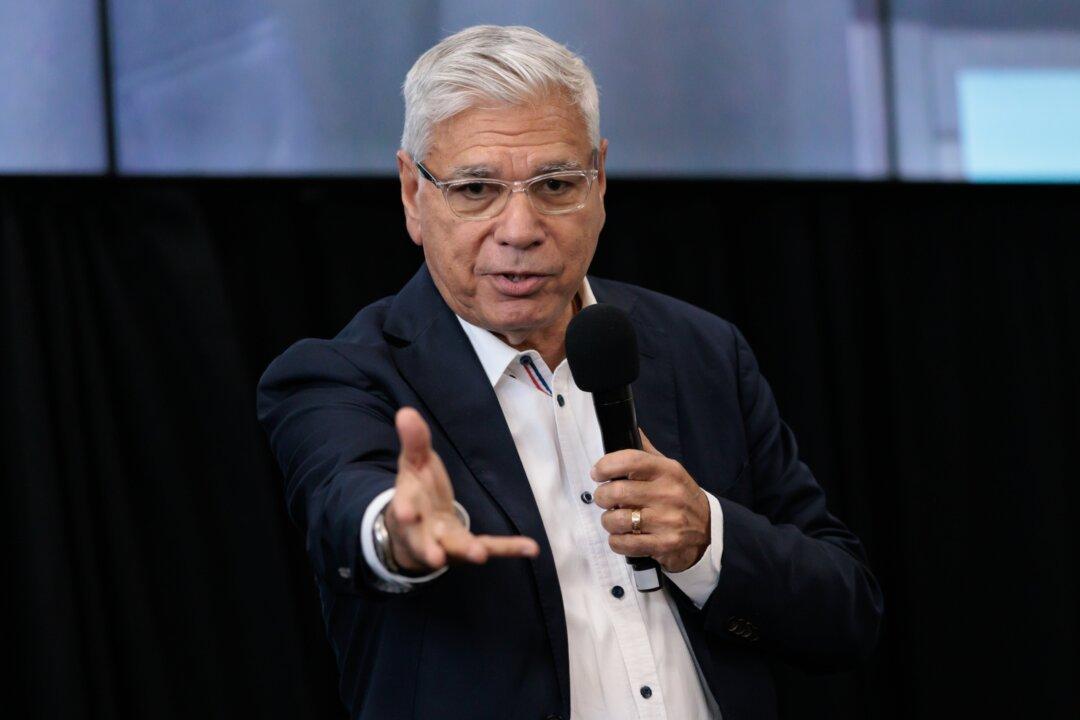Leading No campaigner Warren Mundine says treaties should still be considered between the Australian government and Indigenous communities while distancing his idea from more radical proposals around reparations.
“One of the things about this debate, and I’ve always been honest, even though I know people on my side don’t agree with me on these two issues. And that’s treaties and that’s changing the date,” he told ABC Insiders on Sept. 17.





